Projects
Noel Coward was right when he said that “work is more fun than fun.” I am happiest when tackling complex social problems with a team of agile thinkers and doers. If this sounds like you, then we have something in common. I have founded organizations, and managed others. Today, I provide my expertise and passion to projects that align with my skills and values. Think Like Pirates serves as the flagship for my own communications projects and the consulting I provide to other trusted partners. Here is what I am currently working on.
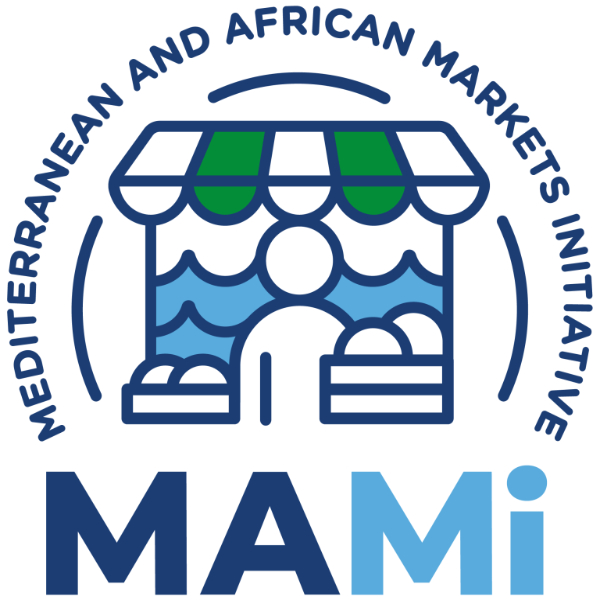 Mediterranean and African Markets Initiative
Mediterranean and African Markets Initiative

Throughout the Mediterranean, farmers markets and their networks are emerging at a time when we need good news from the region — a region beset by major pressures. What if we build leadership capacity ito stabilize rural livelihoods on the land? This is MAMi.
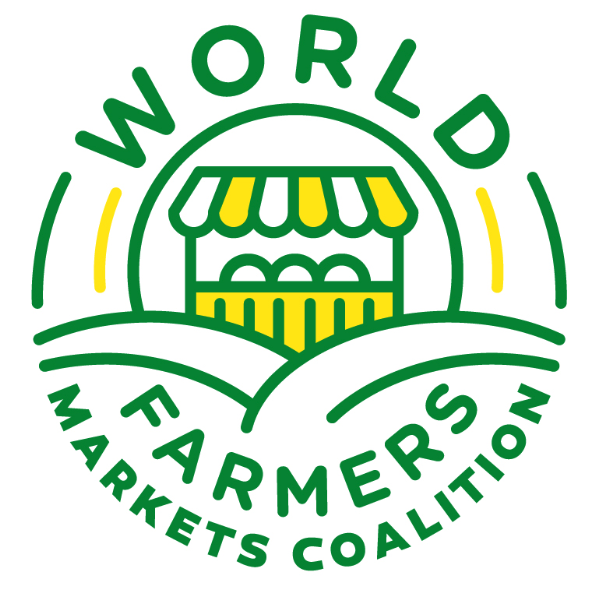 World Farmers Markets Coalition
World Farmers Markets Coalition

This new global network of farmers, fans and practitioners believes that successful markets don't just happen. They require governance, leadership, and the social space to unfurl canopies for commerce.
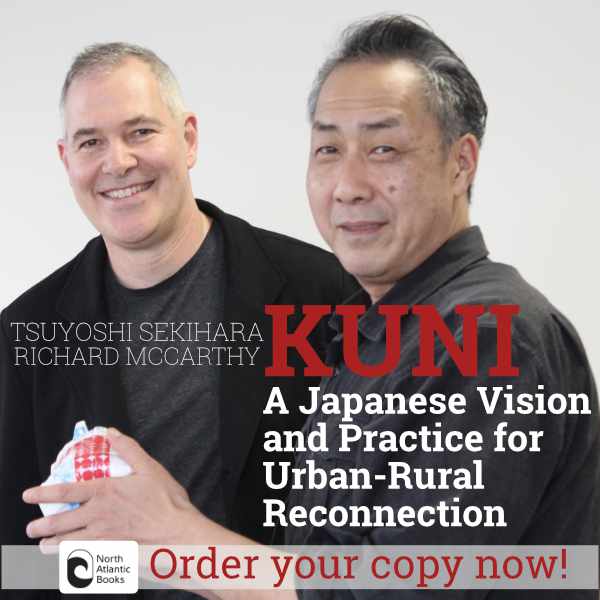 Kuni: A Japanese Vision and Practice for Urban-Rural Reconnection
Kuni: A Japanese Vision and Practice for Urban-Rural Reconnection

Available now from North Atlantic Books
Kuni offers a unique model for the revitalization of rural and de-industrialized lands and communities—and shares lessons in citizen-led regeneration for all of us, regardless of where we live.
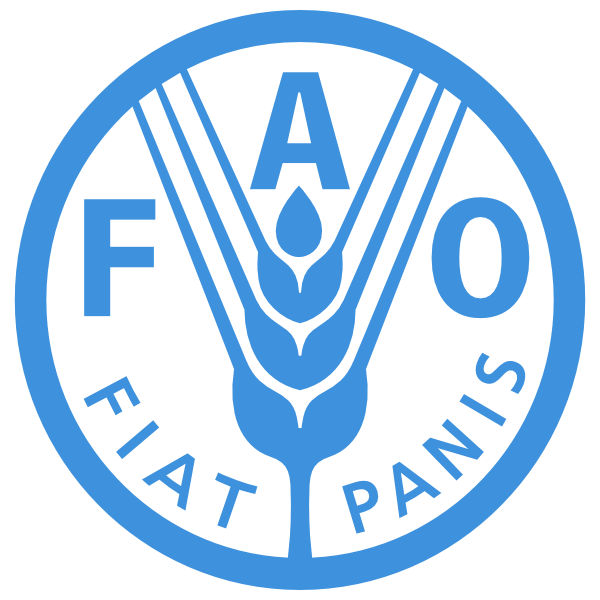 Dhaka's Fresh Markets
Dhaka's Fresh Markets

I am thrilled to work with a creative team in the United Nations Food and Agriculture Organization's office in Dhaka (Bangladesh). An epicenter of economic growth and social tension, Dhaka is a city of more than 21 million people. Its population grows by more than 3% every year. FAO's Dhaka Food Project asks the question, how can the city's robust, colorful, yet woefully under-managed, public markets better serve vendors, shoppers and the nearby environs? This is where we begin.
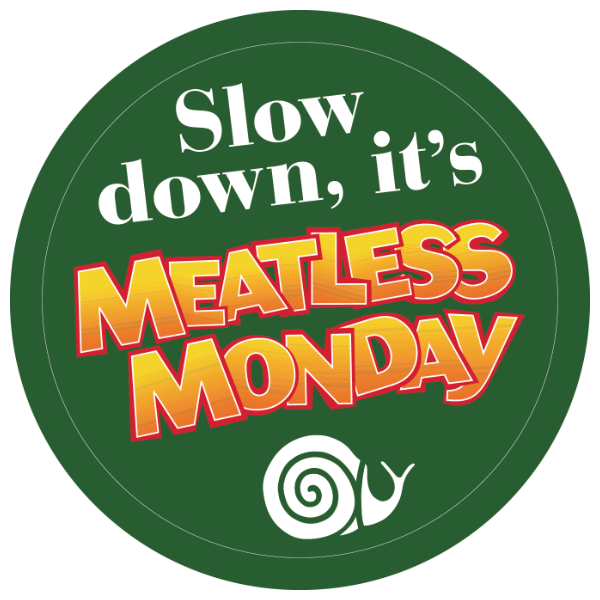 Municipal Mondays
Municipal Mondays

Italian farmers cultivate endangered beans — ones boarded onto the Slow Food Ark of Taste. They join forces with chefs to enlist local mayors to embrace Meatless Monday and the taste of place. In short, we must all Let It Bean. Though still in its infancy, this municipal strategy is beginning to bear fruit.
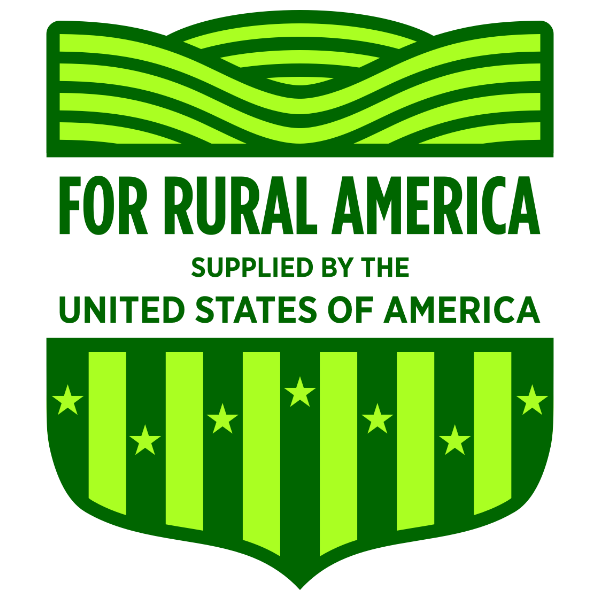 Lunch Money: A new Marshall Plan for rural America
Lunch Money: A new Marshall Plan for rural America

What if we were to rekindle the spirit of ‘48 and repurpose George Marshall's $15 billion European Recovery Program to today's rural America?
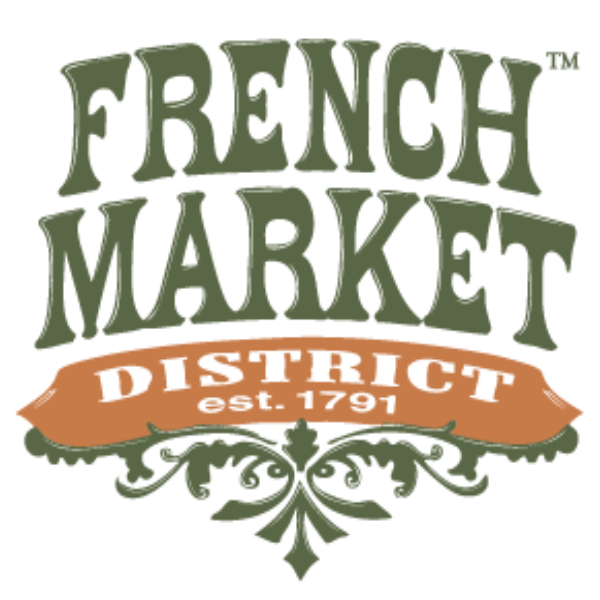 The French Market
The French Market

The original public market in New Orleans is situated in the heart of the original French settlement. Like many historic markets, it is treasured by locals. However, it is also overrun by tourists. Or, at least that has been its trajectory since 1980. Under new leadership and during a pandemic, the French Market has an opportunity reemerge as a pivotal institution that serves the public good.
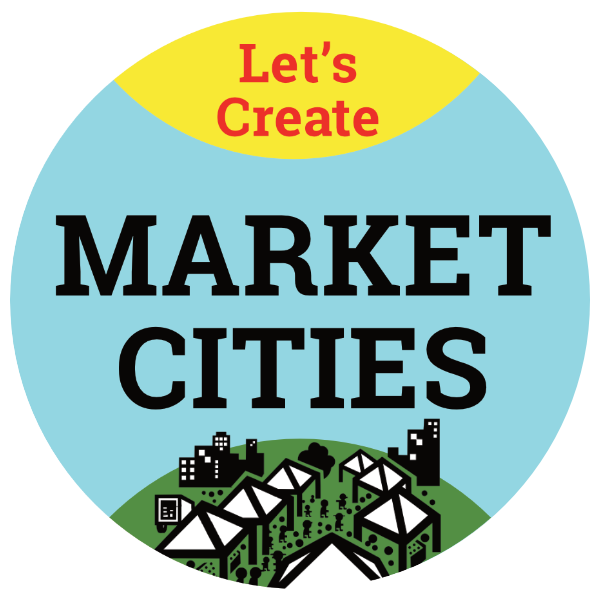 Market Cities
Market Cities

Public markets work best when they reach their potential to serve the public good. While it is astonishing that these ancient mechanisms still survive, what's even more amazing are the ones that serve as regional conveners.
